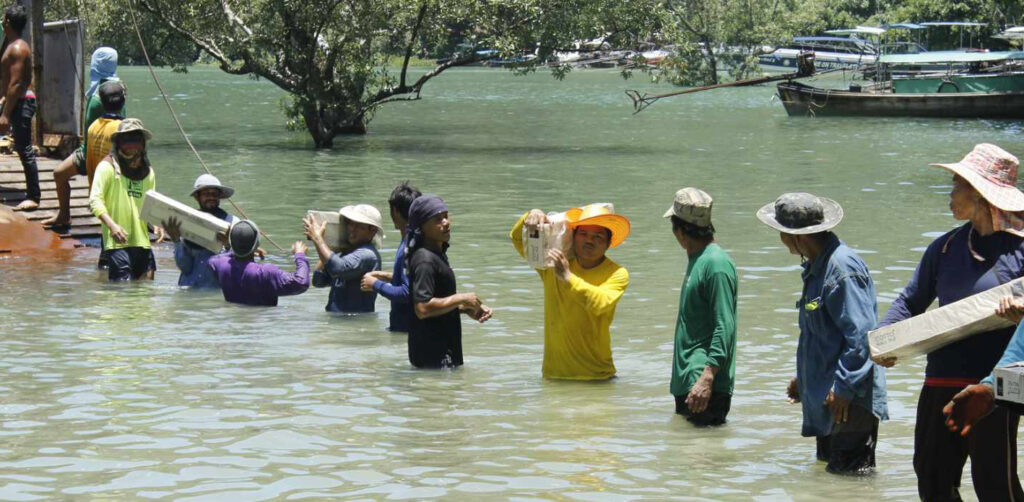
By The High Meadows Environmental Institute Communications
From the COVID-19 pandemic to devastating wildfires and deadly heatwaves, extreme events are becoming more frequent as a result of human activity such as the burning of fossil fuels and encroachment into natural habitats.
An international team that included researchers from Princeton University and the Stockholm Resilience Center (SRC) reported in the journal Ecosystems that humanity’s infrastructure systems — built, informational and social — are no longer sufficient when it comes to preparing for, and responding to, the volatility likely to define our future.
Their analysis draws from the evolutionary processes that have made biological systems robust and resilient to propose preemptive and adaptive systems of governance that would assess and prepare for the repercussions of extreme events, rather than simply responding to these increasingly more frequent disasters as they occur.
“Social, environmental and technological systems are classic examples of complex adaptive systems in which the actions of individual agents and the interests of societies must be integrated if we are to address the challenges posed by extreme events,” said corresponding author Simon Levin, Princeton’s James S. McDonnell Distinguished University Professor in Ecology and Evolutionary Biology and director of the Center for BioComplexity in Princeton’s High Meadows Environmental Institute (HMEI).
Levin is a principal researcher for the Earth Resilience and Sustainability Initiative, a joint effort of Princeton, the SRC and the Potsdam Institute for Climate Impact Research (PIK) that is primarily funded by HMEI and Princeton’s Office of the Dean for Research.
The paper’s 22 co-authors from institutions around the world include Elke Weber, Princeton’s Gerhard R. Andlinger Professor in Energy and the Environment and professor of psychology and public and international affairs, and a researcher with the Earth Resilience and Sustainability Initiative.
The authors argue that low-cost, rapid responses to extreme events, while necessary, are not enough to address the problem. Solutions must include investment in higher-cost systemic responses.
“Designing policies for extreme events requires a system overview,” they wrote. Ultimately this means preparing to respond when a flood or heatwave strikes. Solutions range from adequate emergency response to efficient systems to distribute insurance payments.
But governments struggle to prioritize proactive measures, even if they allow societies to recover from disasters and crises faster, the authors said. For example, a better global disease-monitoring system would likely have reduced the impact of COVID-19. The radical uncertainty of the Anthropocene — the term for the modern era when human activity is the driver of changes to the Earth’s geology and ecosystems — means ensuring systems are in place that allow societies to implement more resilient governance in the future.
“One potential strategy is to invest in general resilience,” the authors wrote. General resilience includes diversity, but also redundancy (instead of one highway from one place to another, there might be several roads) and modular organization.
However, the authors recognize general resilience “is a costly public good that will erode if not actively supported.” Part of the problem is that it often clashes with the economic-design principle of efficiency. This needs to change because, the authors warn, “failure to maintain general resilience may greatly increase the economic and human costs of extreme events and disasters.”
Ultimately, extreme-event management this century will often be about water — too little, or too much. Throughout history, water management has been a make-or-break issue for governments. As this century proceeds, the world can expect increasingly erratic flooding and droughts to become more common place. A full systems view of the challenge requires governance to reduce greenhouse gas emissions to manageable levels as soon as possible.
This story originally appeared on The High Meadows Environmental Institute website.
Related articles:
- 2024 Maeder Graduate Fellows study social norms and the water-energy nexus
- Elke Weber receives BBVA Frontiers of Knowledge Award
- Survey of clean energy stakeholders uncovers uneven progress made on key clean infrastructure shifts
- Company culture shapes willingness of workers to act sustainably, research shows